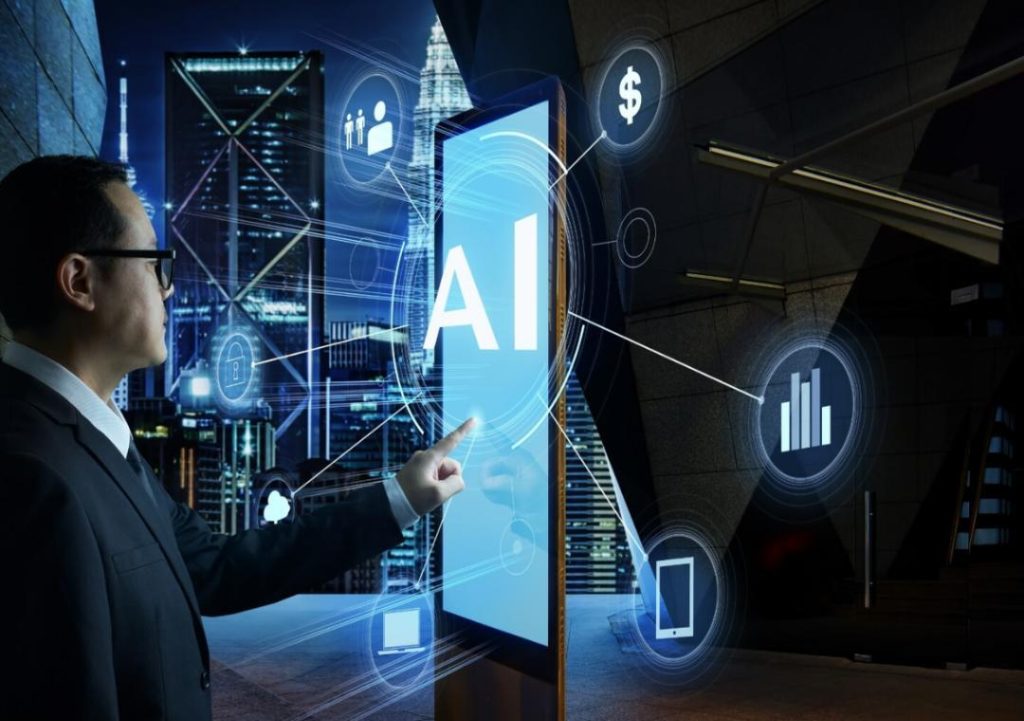
AI & ML Now Power Over 77% of Business Processes
In today’s digital-first world, the integration of Artificial Intelligence (AI) and Machine Learning (ML) is no longer a futuristic concept, but a fundamental operational essential for businesses. The technology has advanced significantly, and its impact on various industries is undeniable. According to a recent study, more than 77% of enterprises are now using AI/ML to enhance productivity, reduce costs, and personalize user experiences. This shift is not optional; it’s a necessity for staying competitive in a rapidly evolving business landscape.
What is AI and ML?
Before delving into the significance of AI and ML in business, it’s essential to understand what these technologies entail. Artificial Intelligence refers to the development of intelligent machines that can perform tasks that typically require human intelligence, such as learning, problem-solving, and decision-making. Machine Learning, on the other hand, is a subset of AI that enables machines to learn from data and improve their performance over time.
How is AI/ML Important in Business?
The adoption of AI/ML in business has numerous benefits, including:
- Automation of Repetitive Tasks: AI/ML can automate mundane and repetitive tasks, freeing up human resources to focus on more strategic and creative work. This not only increases productivity but also reduces the likelihood of human error.
- Improved Customer Experience: AI-powered chatbots can provide 24/7 customer support, responding to queries and resolving issues in real-time. This personalized experience leads to increased customer satisfaction and loyalty.
- Real-time Fraud Detection: AI/ML algorithms can quickly identify and flag suspicious transactions, reducing the risk of fraud and protecting sensitive customer information.
- Predictive Analytics: AI/ML can analyze large datasets to identify patterns and predict future outcomes, enabling businesses to make data-driven decisions and stay ahead of the competition.
- Cost Reduction: By automating tasks and optimizing processes, AI/ML can help businesses reduce costs and increase efficiency.
Examples of AI/ML in Business
The applications of AI/ML in business are vast and varied. Here are a few examples:
- Customer Support: AI-powered chatbots are used by companies like IBM, American Express, and Domino’s Pizza to provide instant customer support and resolve issues quickly.
- Healthcare: AI-powered diagnosis systems are being used by hospitals and medical institutions to analyze medical images and diagnose diseases more accurately.
- Finance: AI-powered systems are used by banks and financial institutions to detect fraudulent transactions, analyze market trends, and make investment decisions.
- Manufacturing: AI-powered manufacturing systems are used to optimize production processes, predict maintenance needs, and improve product quality.
The Shift is Fundamental
The integration of AI/ML in business is no longer a luxury; it’s a necessity for staying competitive. The shift is fundamental because it enables businesses to:
- Stay Ahead of the Competition: AI/ML-powered businesses can respond quickly to changes in the market, identify new opportunities, and stay ahead of the competition.
- Improve Productivity: By automating tasks and optimizing processes, AI/ML can help businesses increase productivity and reduce costs.
- Enhance Customer Experience: AI-powered chatbots and personalized recommendations can provide customers with a unique and tailored experience, leading to increased loyalty and retention.
Conclusion
The integration of AI/ML in business is no longer a futuristic concept; it’s a reality. With over 77% of enterprises already using AI/ML, the shift is fundamental to staying competitive in a digital-first world. As the technology continues to evolve, it’s essential for businesses to stay ahead of the curve and leverage AI/ML to improve productivity, reduce costs, and personalize user experiences.
Source: https://www.growthjockey.com/blogs/what-is-ai-and-ml-how-is-it-important






